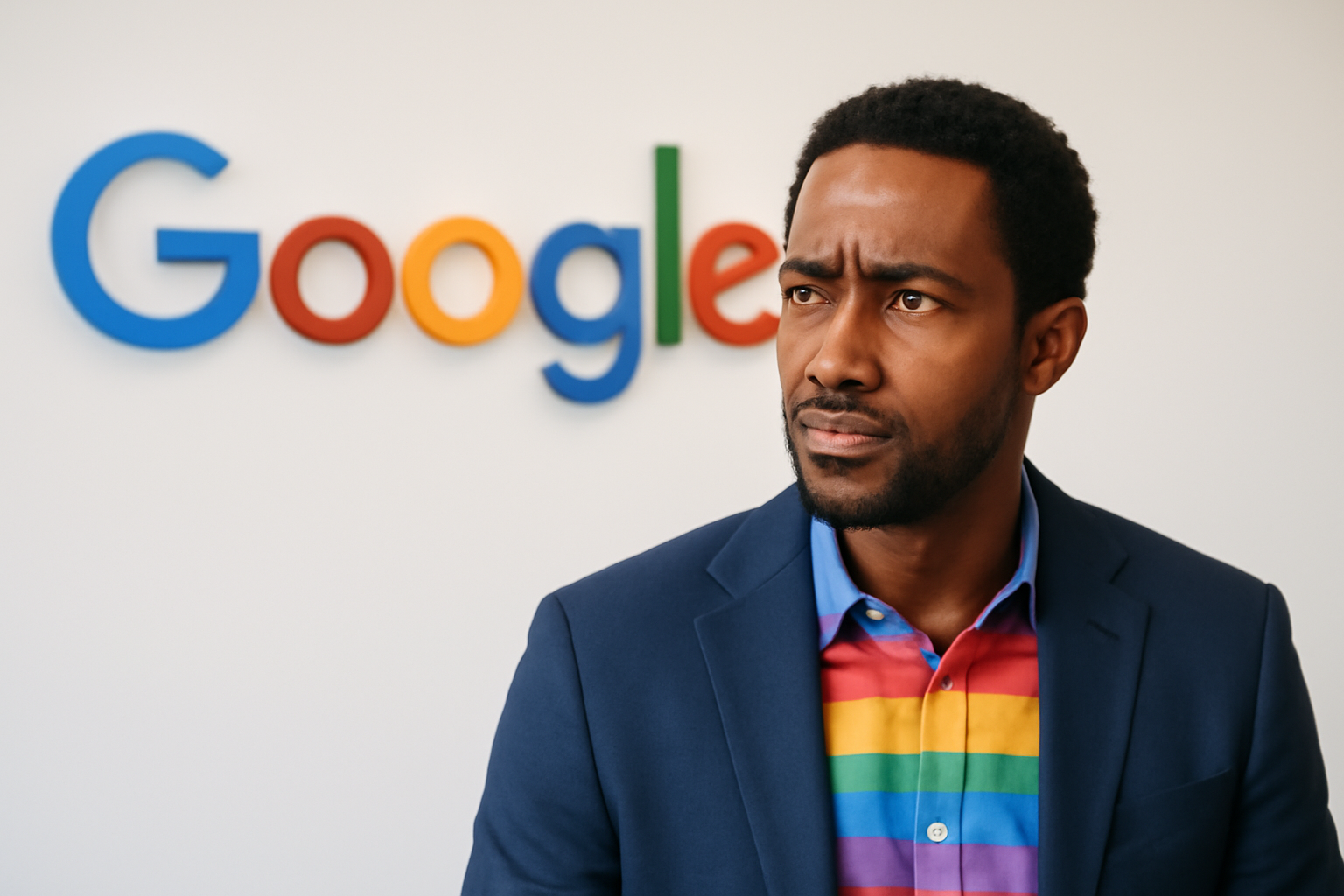
Tech Giant Reevaluates Diversity Goals
In a significant shift of strategy, Google has announced changes to its diversity, equity, and inclusion (DEI) initiatives. This decision comes in the wake of political pressures from recent executive orders and marks a major transition in how tech companies approach diversity.
Background on Google's Diversity Goals
Following the tragic events surrounding the murder of George Floyd in 2020, Google committed to enhancing the representation of underrepresented groups within its leadership ranks. At that time, Google aimed for a 30% increase in leadership roles occupied by Black and Latino individuals, acknowledging the predominance of white or Asian males in such positions.
From 2021 to 2024, Google, a subsidiary of Alphabet, consistently updated these goals in its annual reports, emphasizing its dedication to making DEI a core aspect of its operations. However, the latest report, released on February 5, notably omitted these aspirational hiring targets.
Internal Communications Signal Change
On the same day, Google communicated with its employees via email, explaining the shift away from setting specific hiring goals to improve workforce representation. Fiona Cicconi, Alphabet's Chief People Officer, acknowledged the 2020 goals and noted the company's future focus on investing in various states and countries without these specific targets.
"While we will continue to grow and expand, we are moving away from aspirational goals," Cicconi stated, as reported by multiple sources.
Review and Compliance with Executive Orders
Additionally, the email explained that Google is reassessing its DEI programs, including grants and policies, especially those that might pose risks or lack the expected impact. These changes are partly a response to executive orders issued by former President Donald Trump, which necessitate compliance adjustments.
Despite these shifts, Google reassured that employee resource groups dedicated to minority support would persist. The company hosts 17 such groups, boasting over 50,000 members.
Commitment to an Inclusive Workplace
Cicconi reiterated Google's longstanding commitment to fostering a workplace where talent is hired on merit and fairness prevails. "Expect to see a continued dedication to these principles," she affirmed.
A Google spokesperson added, "We remain devoted to building a workplace where all employees have equal opportunities to succeed. Over the past year, we've been evaluating programs to support this goal, adjusting them as necessary following legal and policy changes."
Industry-Wide Trends and Reactions
The Alphabet Workers Union (AWU) expressed concern over these developments, stating that the decision undermines progress made in combatting racism, gender, and LGBTQ discrimination. Parul Koul, AWU president, emphasized that such changes are part of a broader right-wing, anti-worker trend within the tech industry, which the union is determined to counteract.
This trend isn't isolated to Google. Other tech giants like Amazon and Meta have recently scaled back or altered their DEI policies. Meta cited changes in the "legal and policy landscape," while Amazon focused on consolidating programs with demonstrated outcomes. Notably, Candi Castleberry, Amazon's VP for Inclusive Experiences and Technology, emphasized the move towards fostering a "truly inclusive culture."
Broader Corporate Shift
Beyond tech, several other prominent brands, including Ford, Lowe's, Walmart, Harley-Davidson, and Jack Daniel's, have also reevaluated their DEI commitments in response to a conservative push led by commentator Robby Starbuck.
As these discussions unfold, we invite our community members to share their perspectives. Join the conversation and contribute to a respectful dialogue.
Related Posts
Triumphant Trans Woman Wins Legal Battle and Inspires Others to Stand Up for Their Rights
Breaking new ground: a landmark victory in transgender rights After battling in courtrooms and enduring endless challenges, Diana Portillo, a transgender woman, has secured a monumental victory in her decade-long fight against workplace discrimination. The result? Nearly $1 million awarded in a historic settlement. But this isn't just a win on paper—it represents a powerful precedent in combati [...]
Pride Month in Latin America: Protests and Demands for Equality
**Celebrating Pride and advocating LGBTQ+ rights in Latin America** Pride Month in Latin America was a lively mix where celebration met activism. Communities united, not just throwing a party but making a stand—demanding equality and pushing governments toward better protection and rights recognition. Throughout Latin America, pride events erupted in marches and cultural displays, each with a c [...]
Transgender Erasure Actions Implemented by National Park Service
```html Trump administration's impact on national park service and transgender recognition The Trump administration made notable moves in undermining transgender representation, which included directing agencies like National Park Service not include "T" and "Q" when they refered “LGBTQ” in any official communication. This move seems part a broader plan by this administration aimed at reducin [...]